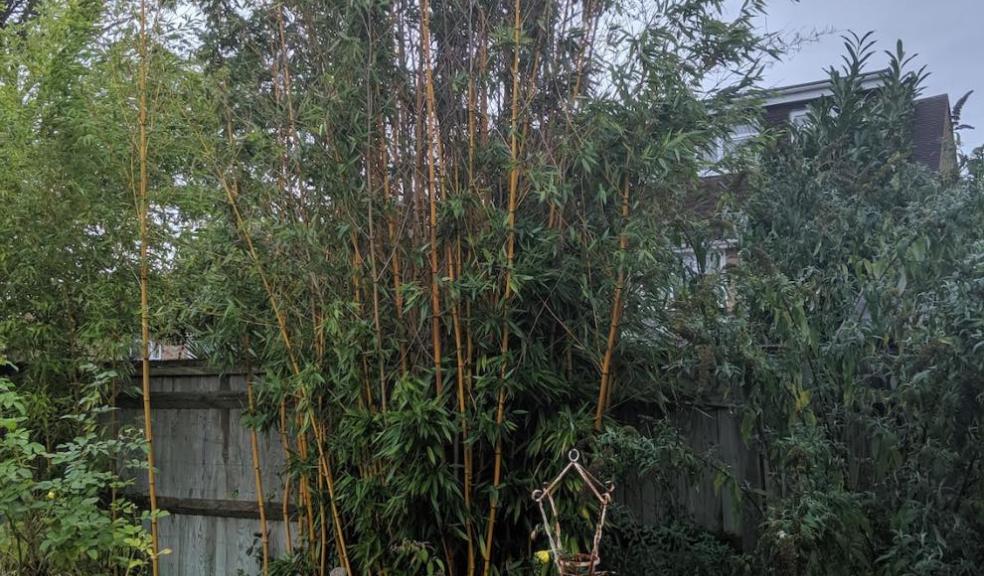
Devon and Cornwall are hotspots for invasive bamboo
Invasive bamboo is a growing problem for homeowners in Devon and Cornwall where a lack of awareness of the plant’s ability to spread has enabled it to become well-established, warns invasive plant specialist Environet UK.
Bamboo has been favoured by residents in the South West in recent years for its exotic appearance, rapid growth and general hardiness, yet homeowners may not realise that most species of bamboo are highly invasive if left unchecked. Particular hotspots include St Ives, Falmouth, Truro and Padstow in Cornwall, and Dartmouth, Woolacoombe, Totnes and Salcombe in Devon.
Research undertaken earlier this year by Environet UK in partnership with YouGov found that only 8% of people in the South West would avoid planting bamboo in their garden because of the damage it can cause to homes and buildings, indicating most people are blissfully unaware of the risks.
‘Running’ varieties of the plant, which are commonly sold in garden centres and nurseries across the region, cause particular problems for homeowners, sending out long lateral rhizomes that can spread up to 30ft beneath the ground, something only 11% of people in the South West were aware of. All varieties of bamboo should be planted in containers lined with strong root barriers to ensure it cannot spread. If planted directly in the ground, within a few years it’s common to find new shoots emerging unexpectedly in new locations, indicating that the plant is on the march.
When bamboo encroaches into an adjoining property it often causes disputes between neighbours, which can lead to legal action against the owner of the property where the plant originated. Unlike other invasive plants such as Japanese knotweed, which boast a more fearful reputation, there are currently no restrictions on planting bamboo or selling an infested property despite the fact that it has the potential to cause even greater damage to buildings than knotweed. This is due to the extraordinary distance the roots can travel, combined with its similar abilities to push through brickwork, drains, cavity walls and exploit cracks and weaknesses in concrete.
Emily Grant, Environet Director for the South West region, said: “Bamboo is very popular among gardeners and homeowners across the South West and consequently we’re seeing large stands which have been allowed to grow unchecked, taking over gardens, lifting patios and damaging homes.
“Bamboo is a vigorous and fast-growing plant which is very difficult to contain and virtually impossible to kill with herbicide. It’s important that homeowners are aware of the risks and understand how to contain bamboo by always planting it in a container lined with a specialist root barrier – or avoiding it completely.”
It is possible to treat a bamboo infestation using the energy depletion method, which involves cutting the canes to ground level before new leaf appears and repeating the process annually in order to deplete the energy reserves in the root system, which can take several years.
Alternatively, it can be professionally excavated in a matter of days with root barriers put in place in cases where customers wish to retain some of the plant, with a five-year insurance backed guarantee provided for the work.
Picture shows: Invasive bamboo in a residential garden (Credit: Environet UK)













